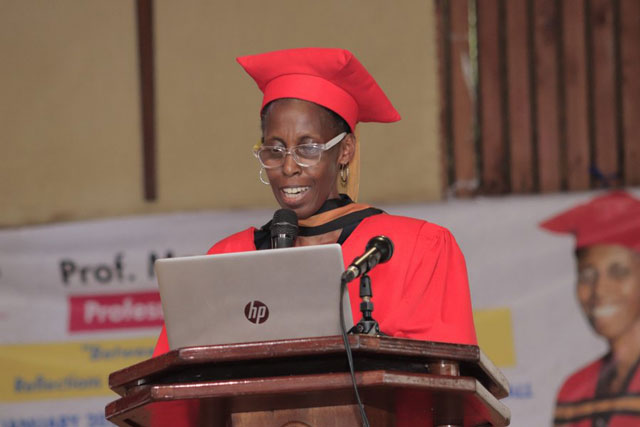
Mukono, Uganda | THE INDEPENDENT | Uganda Christian University (UCU) Mukono has launched its PhD in Journalism, Media and Communication. This comes after the National Council For Higher Education (NHCE) accredited the programme, having been satisfied that the UCU School of Journalism, Media and Communication met all the requirements to offer academic training at that level.
The UCU PhD in Journalism, Media and Communication is a culmination of a consultative needs assessment, which involved industry practitioners, academics, current and prospective students. The assessment established that indeed there was demand for PhD training in communication in the country, with only one university currently offering PhD by research.
Professor Monica Chibita, the Dean School of Journalism Media and Communication, affirmed that the introduction of the PhD programme was timely saying, “this programme seeks to fill a gap in teaching, research and supervision at institutions of higher education in the East African region, using contextual curricular and innovative methods of delivery.”
The programme is also aligned with UCU’s strategic vision of growing research, innovations and partnerships.
“UCU aims to promote rigorous focused research that leads to improved understanding and innovations to solve specific challenges in Uganda and abroad,” Professor Chibita said, adding that through its PhD programme, the School of Journalism, Media and Communication will contribute to the university’s goal of recruiting and retaining staff with excellence in teaching and research.
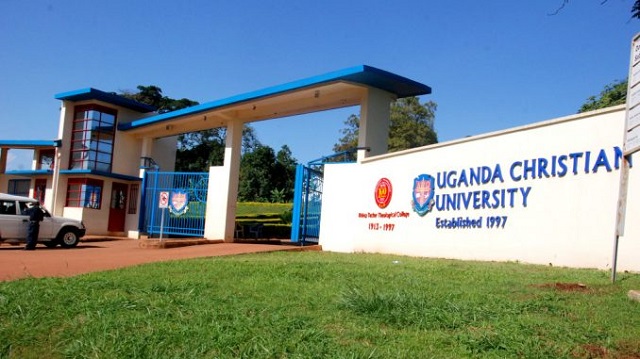
Professor Chibita explained that there is increased demand for teaching, effective postgraduate supervision and research in communication, not only for the whole country but for the region. “This shortage has far-reaching negative effects on the growth of the Communication sector which is crucial for both democracy and development. It is this gap that this PhD seeks to address,” she said.
The programme will start off with ten candidates, and will cover four broad areas including media democracy and development in Africa; media, gender, identity and participation; media and crisis; and health and science communication. There will be a strong emphasis placed on innovative teaching and research methods and on the need to de-colonise communication theory, method and curricula.
Candidates will be expected to undertake coursework, proposal writing and research. They will also be encouraged to conduct collaborative research with faculty members and partner universities in the region.
Full time students will be expected to complete within three to four years and part time students in five to six years. “The faculty will ensure support systems are in place to enable candidates to complete their studies on time,” Professor Chibita added.
According to Dr. James Kiwanuka-Tondo, who will coordinate the PhD programme, the reason that students over stay and do not finish graduate school is that they take long to transition from the concept paper to the proposal development and to conducting dissertation or thesis research.
“We are going to ensure that by the end of the second year for full-time students and fourth year for part-time students, their proposal is done and defended so that they are ready to go the field for data collection. This will cut down the time they spend in the programme and ensure completion,” he said.
The programme will start off with an eleven-strong faculty, comprising four professors, two associate professors, and five senior lecturers drawn from UCU School of Journalism, Media and Communication; University of Kwa Zulu Natal; University of Rwanda; and NLA in Norway.
The faculty composition reflects strong collaboration between the partner universities, and continued support for capacity development in higher education and research for development from the Norwegian government under the NORHED II programme.
 The Independent Uganda: You get the Truth we Pay the Price
The Independent Uganda: You get the Truth we Pay the Price

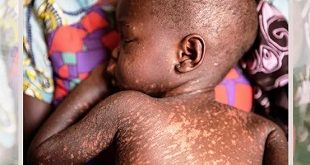
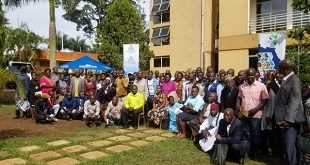
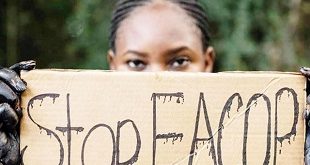
Congratulations dear Monica!